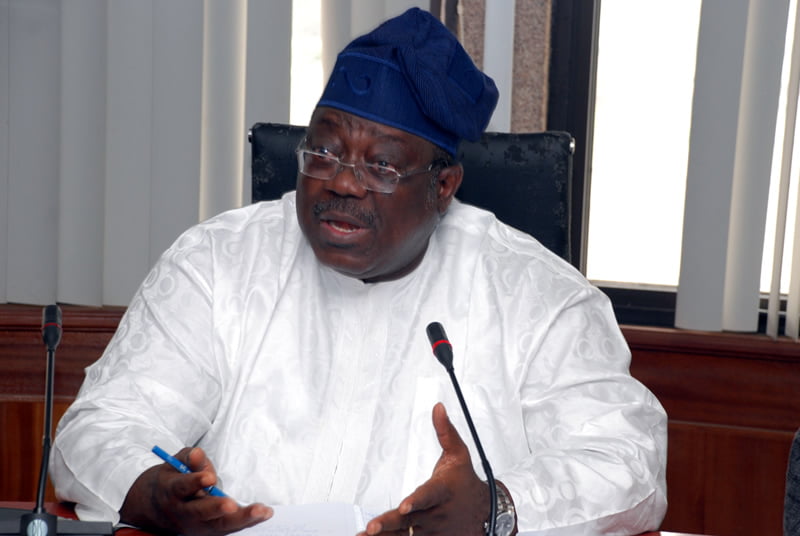
The Chairman of the Federal Civil Service Commission (FCSC), Professor Tunji Olaopa, has reaffirmed the Commission’s commitment to restoring merit, professionalism, and strategic direction within the Nigerian civil service as part of a comprehensive reform agenda.
Speaking at the close of a three-day Strategic Development Retreat in Abuja on Wednesday, Olaopa said the initiative responds directly to President Bola Tinubu’s December 2023 call for a full-scale transformation and digitisation of the federal bureaucracy to boost productivity.
He explained that the reforms are designed to support private sector-led growth under the Renewed Hope Agenda and contribute to the administration’s goal of achieving a $1 trillion economy by 2030.
Upon assuming office, the Commission conducted a diagnostic assessment that revealed the urgent need to shift from a patronage-driven structure to one founded on merit and efficiency. The findings informed the development of the Commission’s first-ever strategic plan in its 71-year history.
The retreat, supported by the UK Foreign, Commonwealth and Development Office’s Partnership for Agile Governance and Climate Engagement (PAGE) programme, aimed to reposition the FCSC for more effective service delivery.
Participants reviewed global best practices from peer commissions in the United States, United Kingdom, Canada, South Africa, Kenya, and Malawi. Insights were also drawn from institutions such as the Central Bank of Nigeria and PricewaterhouseCoopers.
Key sessions involved revalidating the Commission’s mission and core values, drafting a strategic plan, and conducting detailed PESTLE and SWOT analyses.
Olaopa noted that the civil service is not overstaffed but suffers from a persistent mismatch between skills and responsibilities. He identified the erosion of meritocracy as a major obstacle to effective human resource management.
“The Commission is resolute in reinstating merit as the foundation for recruitment, promotion, and disciplinary action in the federal civil service,” he said.
As part of its resolutions, the Commission will finalise a five-year strategic plan (2025–2029), implement a performance-managed secretariat, and ensure that promotions are linked to measurable outcomes.
Planned reforms also include technology-driven recruitment, performance-based promotions, stronger ethical disciplinary systems, and a recognition and reward culture.
“These reforms are crucial to rebuilding public trust, improving service delivery, and supporting the federal government’s economic vision,” Olaopa said.












